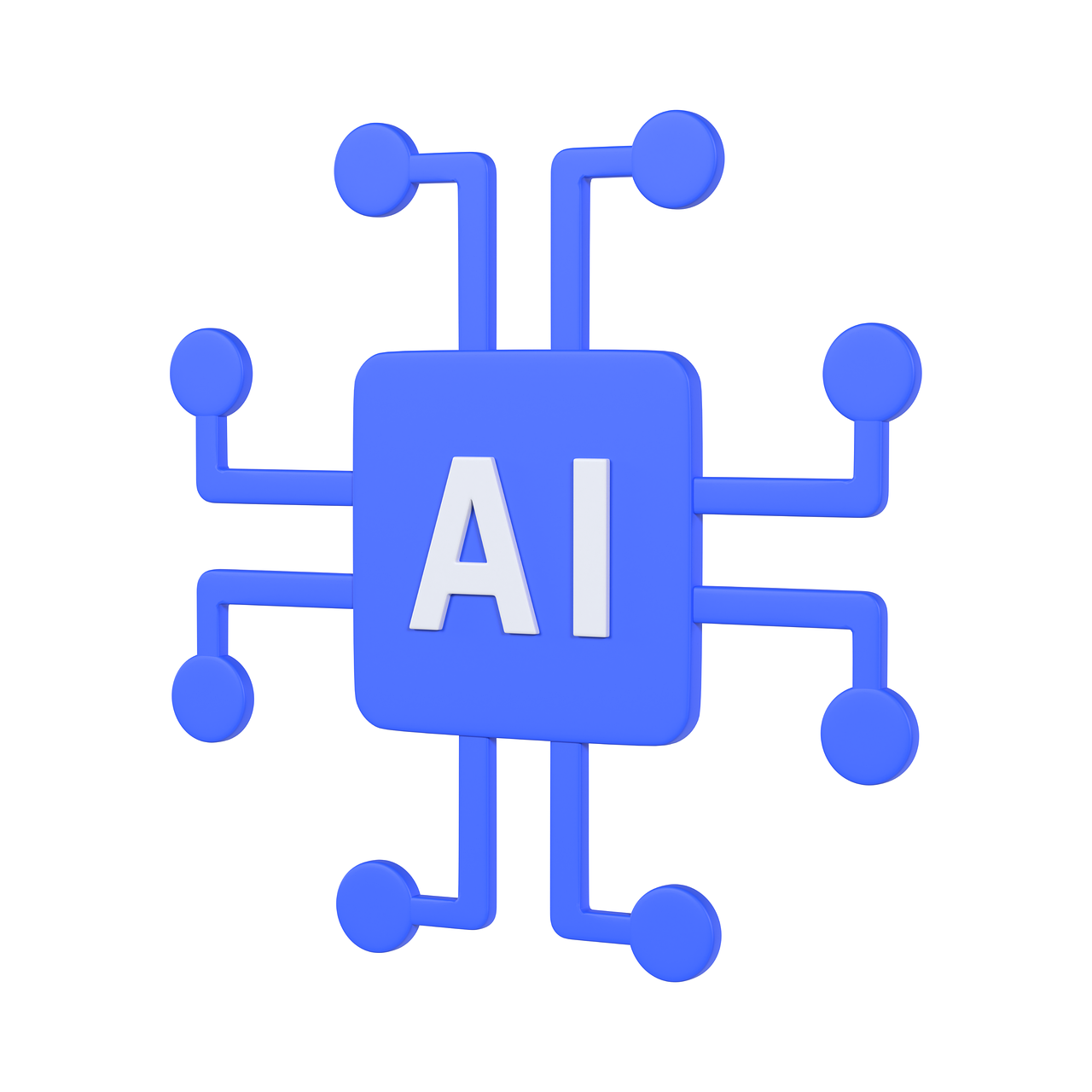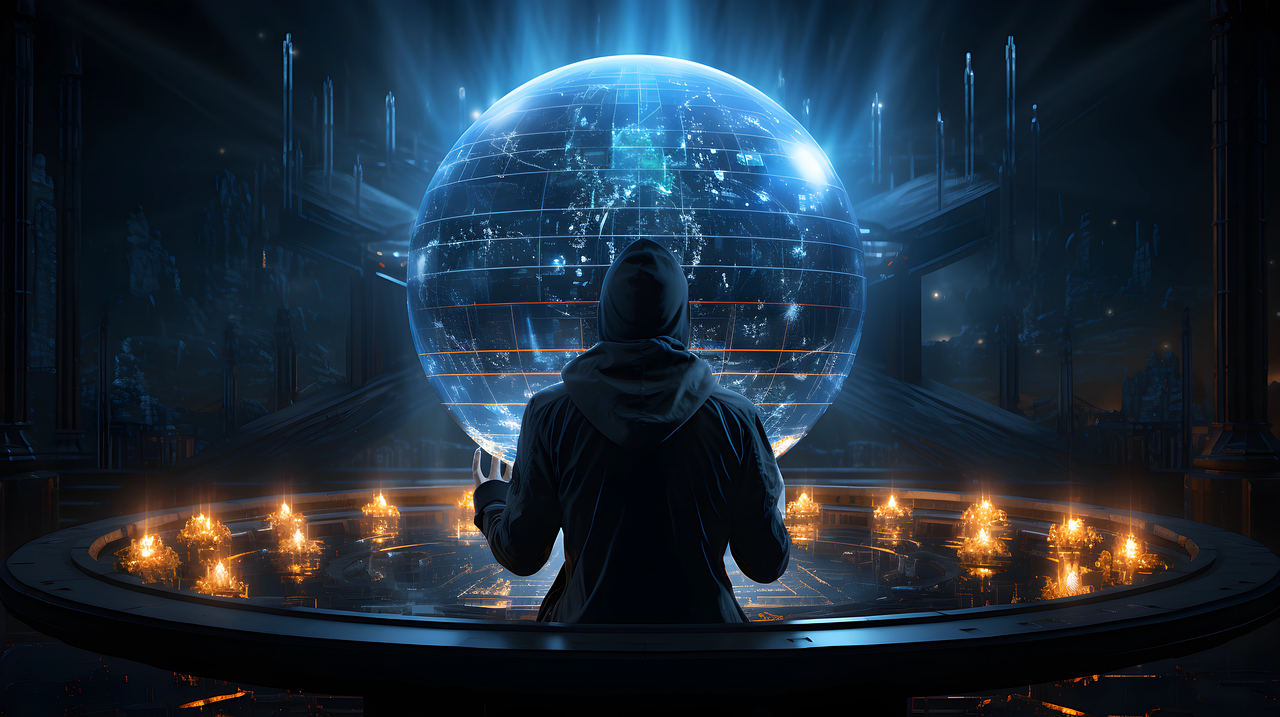Mark Zuckerberg Highlights America's Loneliness Crisis and the Role of AI Companions

Brief news summary
In May 2025, Mark Zuckerberg addressed America's escalating loneliness crisis, attributing it to reduced face-to-face interactions, dwindling trust in institutions, and fewer community spaces. He suggested leveraging AI companions and emotionally aware therapists to alleviate caregiver shortages and enhance social connections, aiming to counteract isolation linked to weakening cultural institutions and less frequent social gatherings. However, experts warn that AI lacks the emotional depth and empathy essential for meaningful human relationships that foster emotional growth and resilience. They caution that depending too much on AI could exacerbate social fragmentation and further erode vital community centers and mental health services. The decline of religious institutions highlights the importance of human-centered, community-based solutions rather than solely technological ones. Critics emphasize investing in social infrastructure, mental health support, and civic engagement to nurture genuine relationships, with AI playing a supplementary, not primary, role. Ultimately, addressing loneliness requires strengthening human institutions while carefully integrating technology.In early May 2025, Mark Zuckerberg drew attention to America's growing loneliness crisis, citing alarming declines in face-to-face interactions and rising distrust in traditional institutions. He proposed that AI companions and therapists, tailored to individuals' unique emotional needs, could offer more accessible and efficient support than conventional methods. Zuckerberg’s perspective reflects concerns over increasing isolation, fueled by fewer community gatherings, the waning influence of religious and cultural institutions, and superficial digital communication. AI companions, he argued, might provide personalized conversations, emotional support, and therapeutic guidance around the clock, potentially compensating for shortages in human caregivers, therapists, and social venues. Despite this promise, experts from psychology and neuroscience caution against overreliance on AI. Human relationships involve complex emotional exchanges, physical presence, and shared experiences that AI struggles to replicate. Concepts like mirror neurons illustrate humans’ innate capacity for empathy, a biological process difficult to mimic artificially. Moreover, engaging with real-world social challenges fosters emotional growth, resilience, and a sense of belonging—elements critics say AI interactions cannot authentically provide.
They warn that AI companionship might produce superficial emotional connections, potentially worsening loneliness rather than alleviating it over time. There is also concern that dependence on AI solutions could undermine crucial social infrastructure—community centers, mental health services, and public gathering spaces—that are vital for genuine social bonds and support. Diverting resources toward AI could further weaken these foundational institutions. The decline of religious organizations, once central in promoting community cohesion and purpose, adds to this challenge. Critics suggest the void left by diminishing participation should be addressed through community-driven efforts rather than technological substitutes. While acknowledging Zuckerberg’s accurate emphasis on loneliness as an urgent issue requiring innovation, critics emphasize solutions must focus on revitalizing human connection and community. Sustainable progress involves investing in social infrastructure, mental health initiatives, and civic engagement, with technology serving only as a complementary aid rather than a replacement for deep, multidimensional human relationships. In summary, Zuckerberg’s comments have sparked an important dialogue about the complex loneliness epidemic. AI companions hold intriguing potential and may offer temporary relief, but the richness of human relationships remains unparalleled. Addressing isolation effectively demands prioritizing the strengthening of human-centered institutions and communities that build resilience, empathy, and enduring social support networks.
Watch video about
Mark Zuckerberg Highlights America's Loneliness Crisis and the Role of AI Companions
Try our premium solution and start getting clients — at no cost to you

I'm your Content Creator.
Let’s make a post or video and publish it on any social media — ready?
Hot news

AI & Digital Marketing Trends
The 'AI & Digital Marketing Trends' newsletter is becoming an essential resource for professionals aiming to stay updated on the latest advancements at the intersection of artificial intelligence and digital marketing.

Free AI News Video Generator: Text to Video News …
Vidnoz AI News Generator marks a significant breakthrough in news production technology, providing an innovative solution for creating high-quality breaking news videos with exceptional efficiency and versatility.

Leveraging AI for Advanced SEO Analytics and Repo…
In today’s highly competitive digital marketing environment, the importance of search engine optimization (SEO) is paramount.

Artificial Intelligence - AI Update, February 6, …
Here is a rewritten and summarized version of the selected AI news and developments over the past week, maintaining almost the same volume of information: Anthropic has launched Claude Opus 4

AI Video Recognition Enhances Security Systems
In recent years, security systems have advanced significantly due to the integration of artificial intelligence (AI) video recognition technologies, revolutionizing surveillance by enabling more precise identification of individuals and objects in video footage.

Google's AI Mode and Overviews Reshape Search Exp…
Google has unveiled two major innovations poised to revolutionize user interaction with search engines: AI Mode and AI Overviews.

Muster Agency: Leading AI-Powered Social Media Ma…
Muster Agency is quickly emerging as a leading figure in AI-powered social media marketing, offering a wide array of services designed to boost businesses’ online presence through cutting-edge technology.
AI Company
Launch your AI-powered team to automate Marketing, Sales & Growth

and get clients on autopilot — from social media and search engines. No ads needed
Begin getting your first leads today








